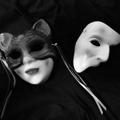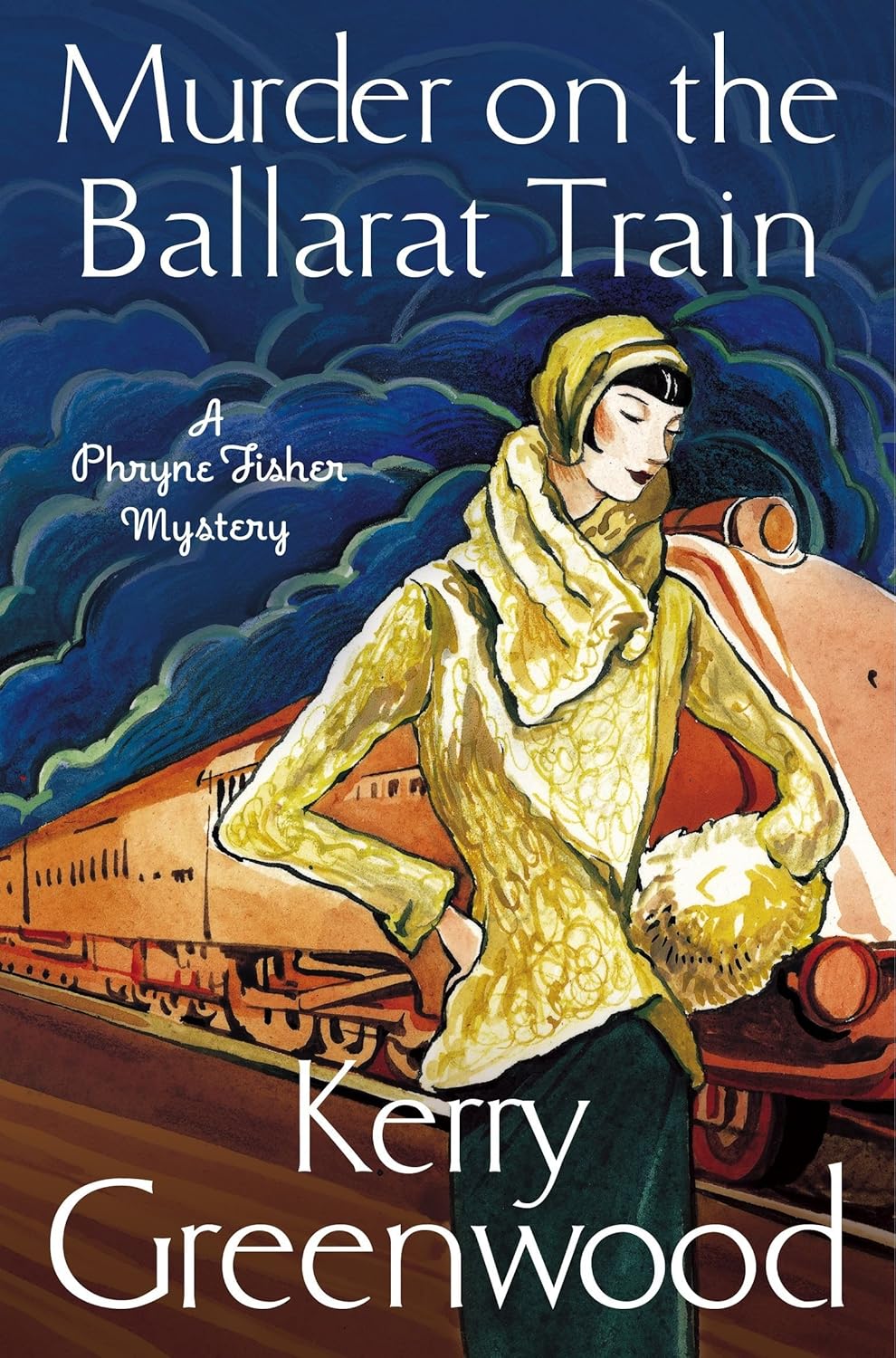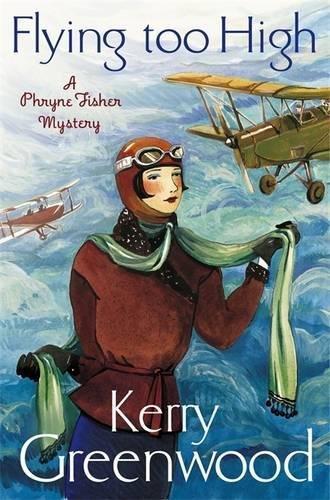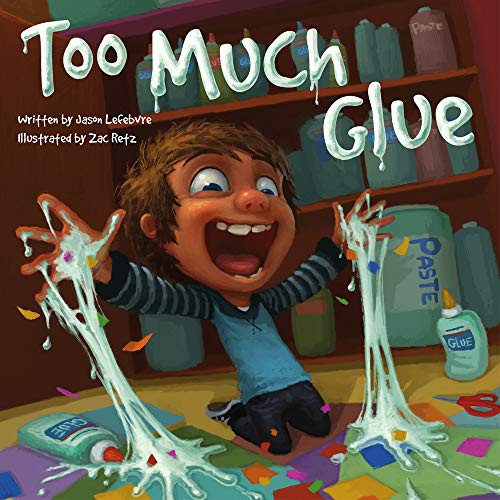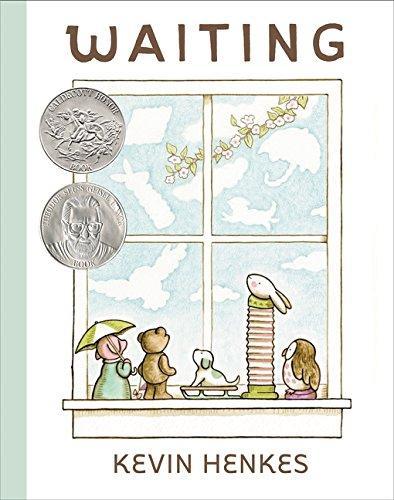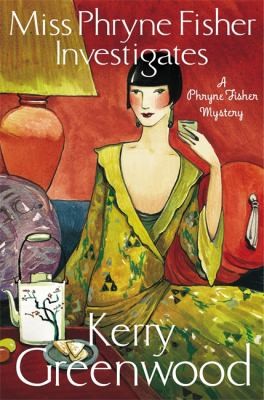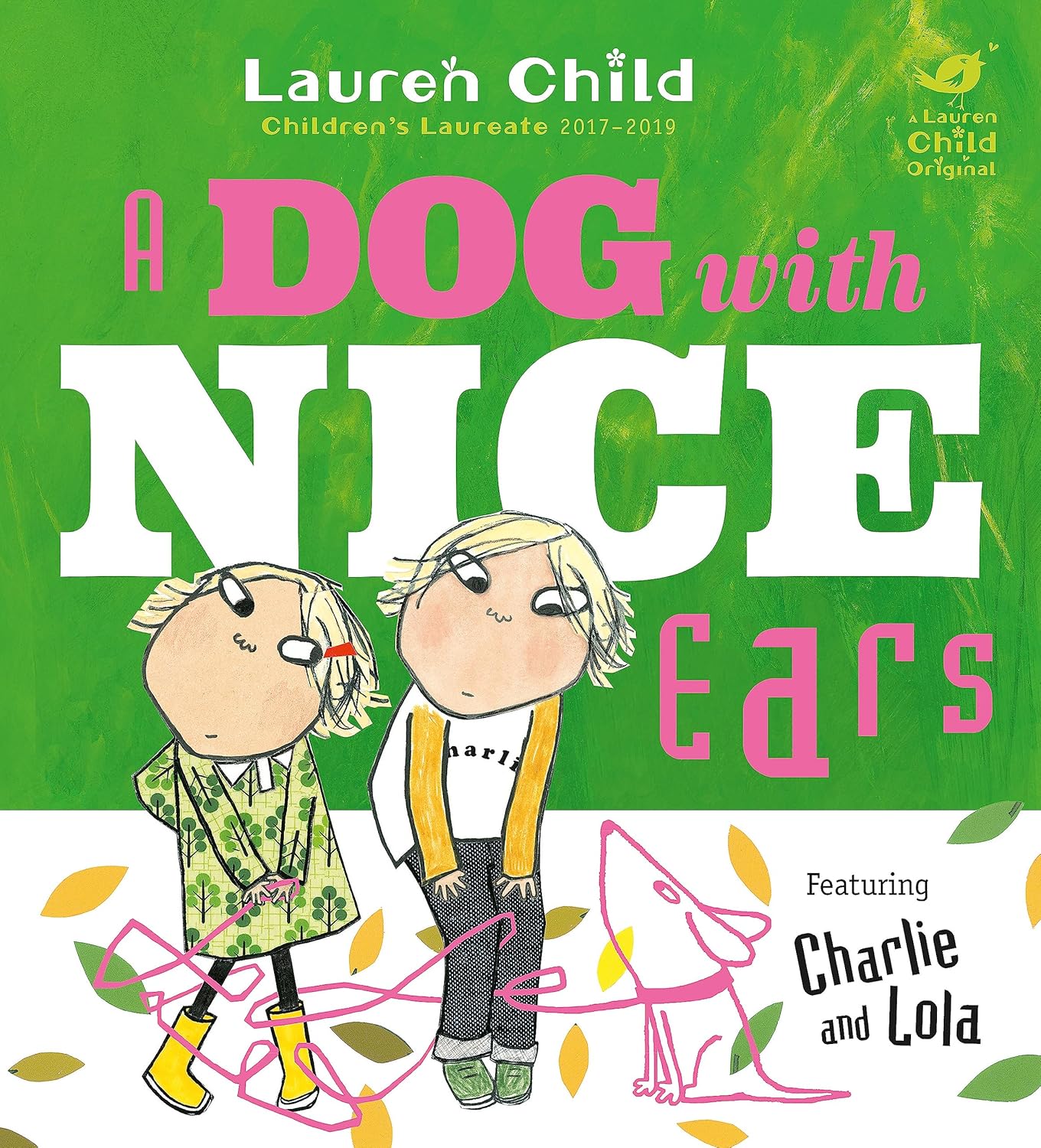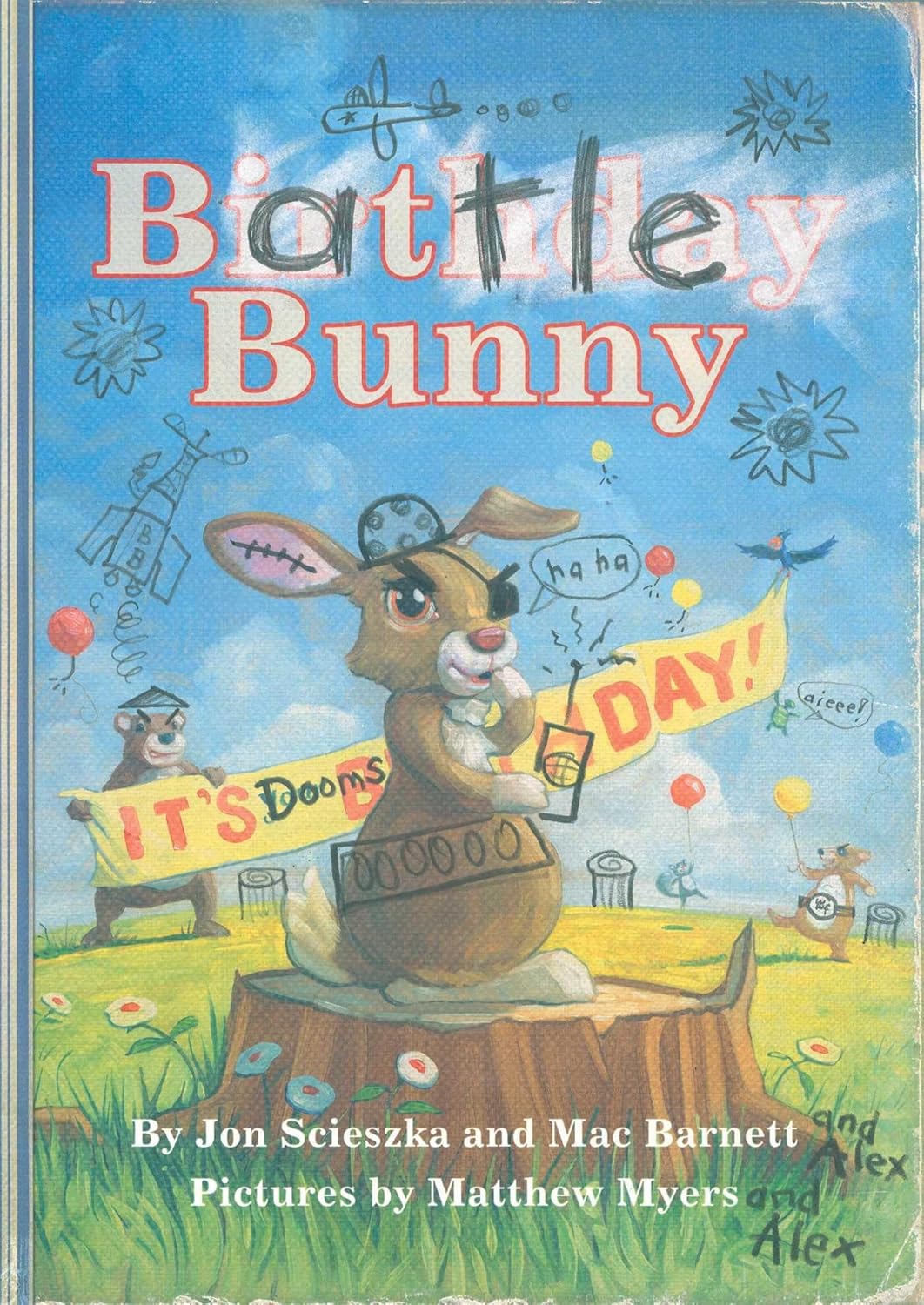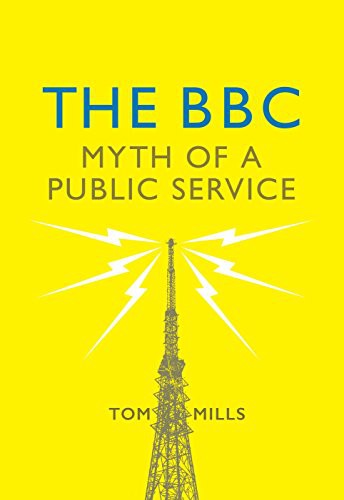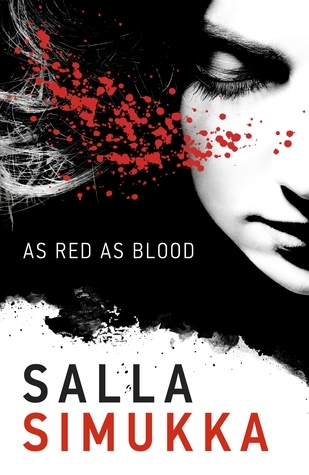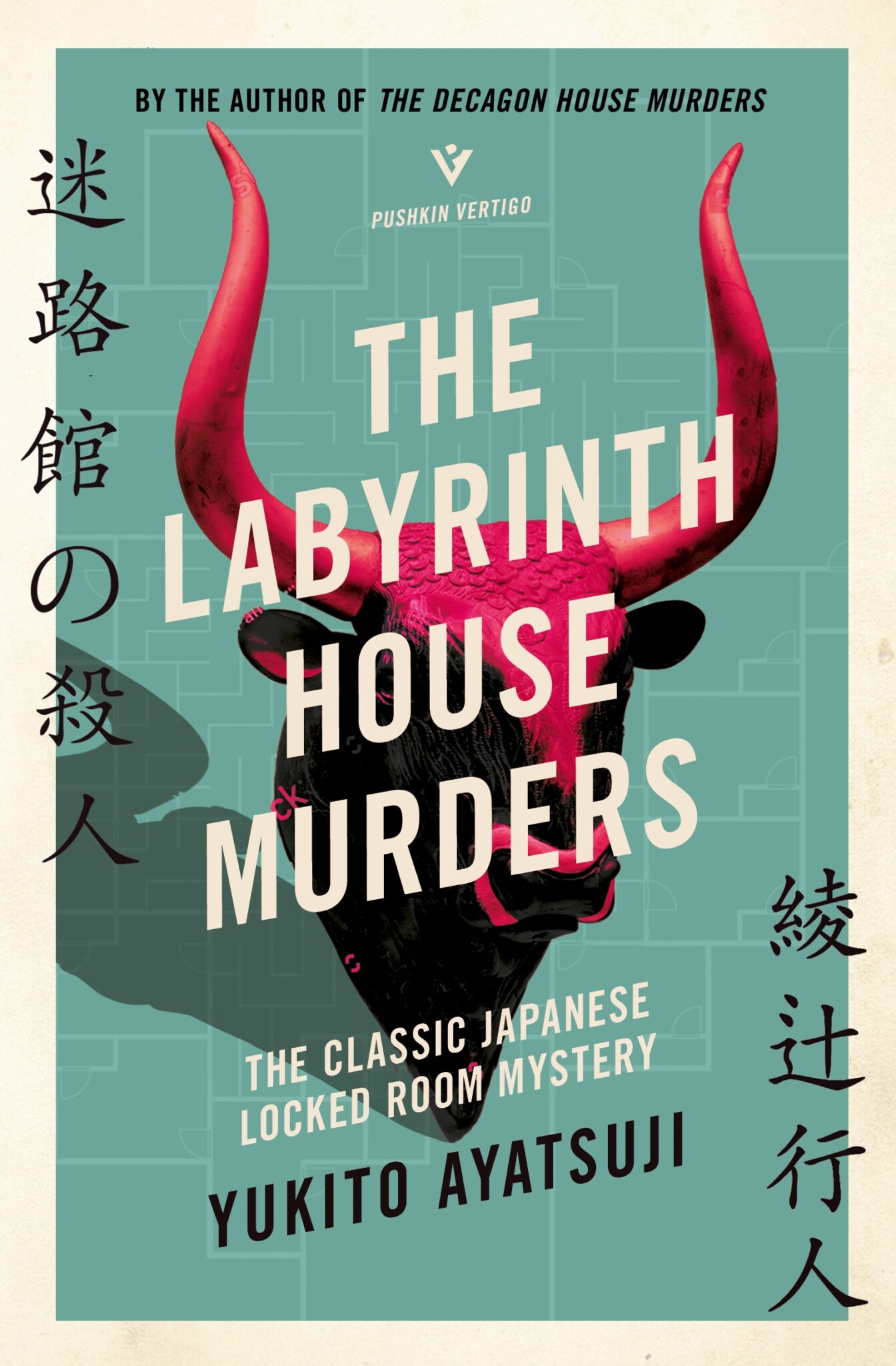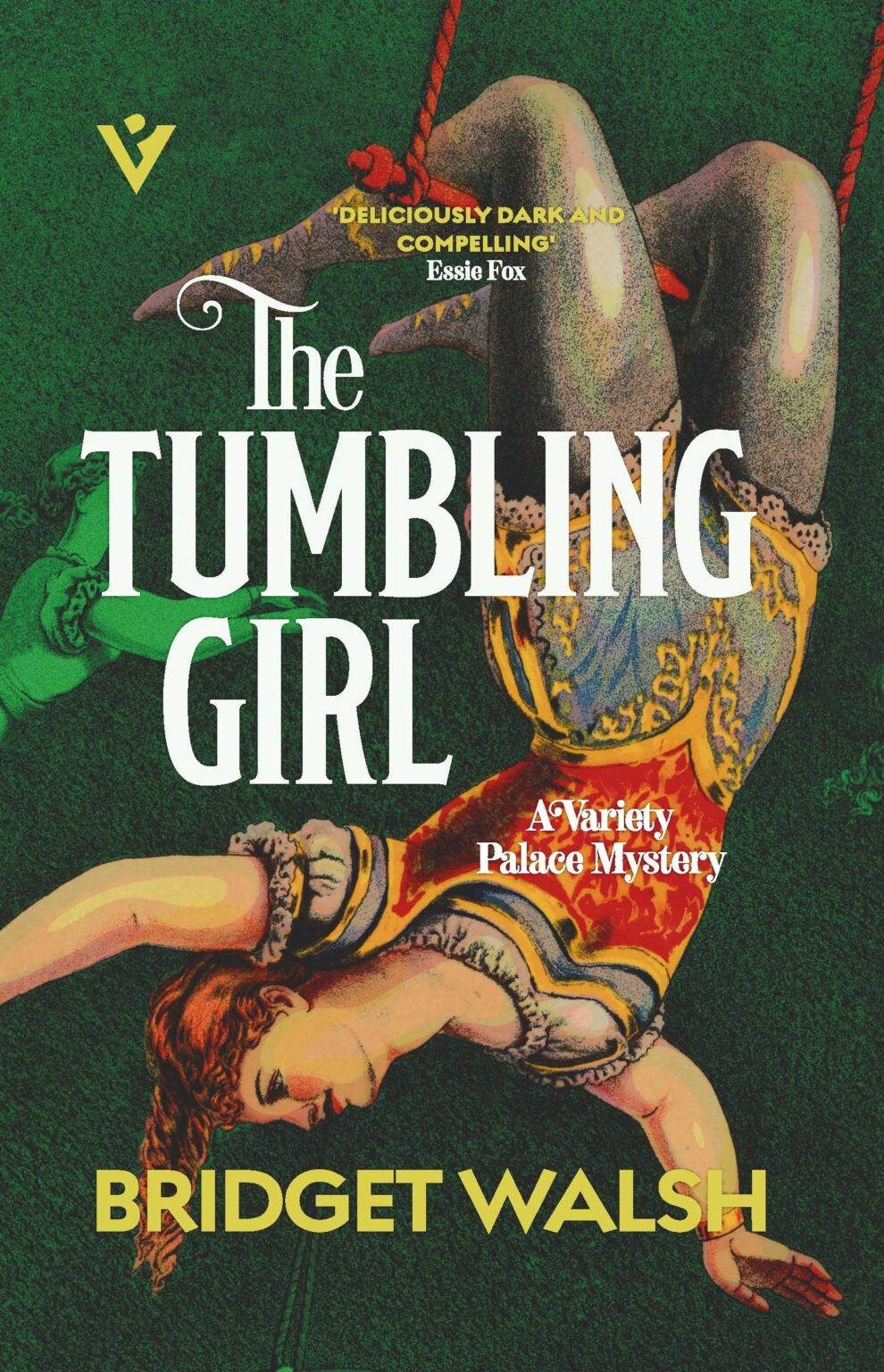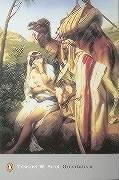Hard Not to Compare
3 stars
Content warning Some spoilers for the story, mentions of childhood death and adoption.
It's really hard to not compare the stories in the books to the show, which is largely because I already know what's going to happen (or approximately what will happen). They're both individually delightful in their own ways, but I find that I prefer the structures utilised in the books to that of the TV series.
For example, this is the book where we meet Phryne's ward Jane. She's a young girl who is found on a train in the middle of a murder. Most of her story is largely kept in the show as well (spanning two separate episodes), but I like the premise that surrounds her existence in the book a lot more.
In the show, a lot of time is spent showing how Jane reminds Phryne of her dead sister (also named Jane). This is also because, in the show, Phryne has a lot of trauma around Jane's death as it was due to a child murderer (a thread that continues throughout the show). However, in the book, Phryne's sister is still dead but she passed away from an illness. The memory and grief is still there, but it does not startle Phryne into action on the child Jane's account. Phryne, knowing what Welfare is like, simply refuses to give the girl up to them and decides to adopt her.
The same is true of another girl, Ruth. But Ruth, in the show, is shown to have a loving family waiting for her at home; in the book, which I think characterises Phryne, Jane, and Ruth better, she decides to adopt two orphaned girls after finding them in terrible circumstances and take care of them. This works better because Phryne is repeatedly shown as not liking children, but she cares for these two girls greatly.
I also think that the book does much better with the young man who kills the elderly mother of his fiancee story, too. While in the book, both the daughter and her fiance are guilty of murdering her very wealthy mother... I think the twist works better in the book. Eunice has been making money entirely of her own work after her mother was scammed in trades and lost everything; the fiancee assumed that the old woman had money and that he'd get it by marrying Eunice, but that was never really possible. (It also turns out that he had a very specific misogynist streak, and I do like that the author has a scene were Phryne asks his roommate if he'd known... And his roommate just says that he ignored it because he thought it was 'a phase'. I kind of wish that scene had done a bit more to highlight how his negligence enabled that particular belief, but I also kind of think it would do more for someone to show that even if the murderer's roommate had corrected him on this, it wouldn't have made much of a difference.)
Again, the book is two overlapping mysteries that have little connection, though this time there is more. And I think it really works because both mysteries serve as ways to build characterisation and also feel very much like how a detective might work (having to put some effort in on two separate cases at the same time).
